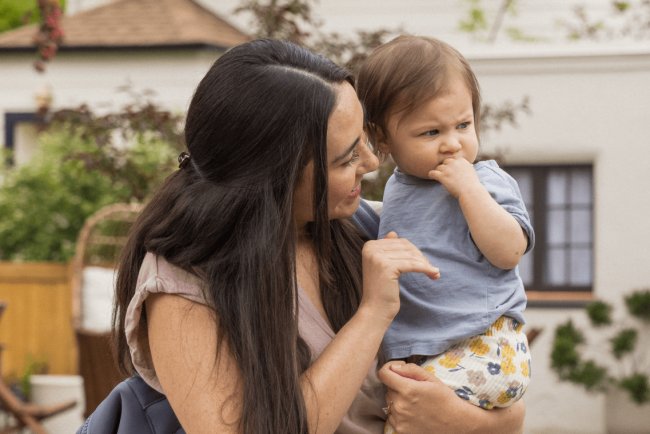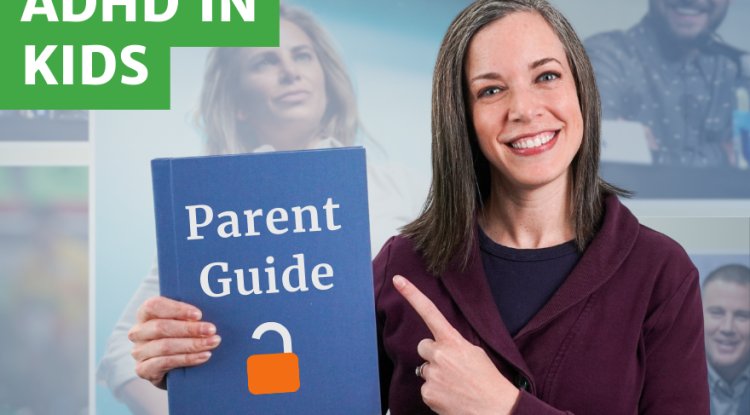I Could Tell It Was Postpartum Anxiety: It Was Not Just Baby Blues
I assumed I was simply exhausted. I assumed I was simply overburdened. I assumed I was simply being a new mother.

But in my gut, something was not quite right.
The early stages of parenting are difficult, as everyone says. The burden of thinking it all out, sore everything, and restless nights. I dismissed it when I began to feel tense all the time.
"Very typical."
However, it wasn't.
I realized I was experiencing postpartum anxiety, not simply the normal emotional rollercoaster, because of this.
1. It Was Constant Worry, Not Just Sadness
Weepiness, mood fluctuations, or feeling a touch emotionally raw within the first two weeks after birth are common symptoms of the newborn blues, which are typically brief. I certainly had that.
However, I had bodily as well as emotional distress.
All day, my chest felt constricted. My mind was racing. Even with the infant resting soundly next to me, I was unable to unwind.
I was not only depressed. I was constantly terrified. Of what? Everything.
2. I was unable to control my thoughts, which were racing in all directions:
What if I failed to deliver the baby?
What if, while I was asleep, she stopped breathing?
What if my identity is lost forever?
The thoughts persisted even though I knew they were not logical. I could not stop them from playing like background noise.
And because I felt ashamed, I kept it a secret. I believed that a "good mom" should just be knowledgeable. I did not want to come across as theatrical or unstable. Silence, however, made things worse.
3. Lack of Sleep Made It Intolerable
Lack of sleep is a common side effect of having a baby, but for me, it seemed more than just fatigue; it was like my nervous system was constantly vigilant. Even when I had the opportunity to sleep, I was unable to do so. My body refused to let me sleep. My heart would race as I lay in bed, certain that something terrible was going to happen.
I eventually gave up trying. I had additional coffee. I pushed through. And I began to fall apart.
4. I was drowning within, even though people said I "looked well."
The problem with postpartum anxiety is that it does not necessarily manifest as a breakdown. I was going to be there. feeding the infant. Grinning for photos. However, I was holding my breath the entire time.
I was terrified to acknowledge my difficulties for fear that doing so would indicate failure.
I did not open up until a buddy kindly remarked, "You do not seem like yourself."
5. Getting Assistance Made All the Difference
I went to see my OB. I talked to a therapist about it. Then the floods began to flow.
The first step toward recovery was identifying what I was experiencing as postpartum anxiety. I began therapy. I received assistance. I became aware that I was not alone. I was not an awful mother, either. I was a mother with a common, curable illness.
Up to one in five new mothers suffer from postpartum anxiety. However, it is frequently overlooked, in contrast to postpartum depression.
What I Want New Mothers to Understand
Please be aware if you are reading this and thinking, "This sounds like me":
You are not damaged.
You are not failing.
You are not alone in this.Anxiety after giving birth is real. And there is assistance. Consult your physician, get in touch with a therapist, or confide in a trusted person. You have the right to feel secure in your physical form and assured of your role as a mother.
What's Your Reaction?




















